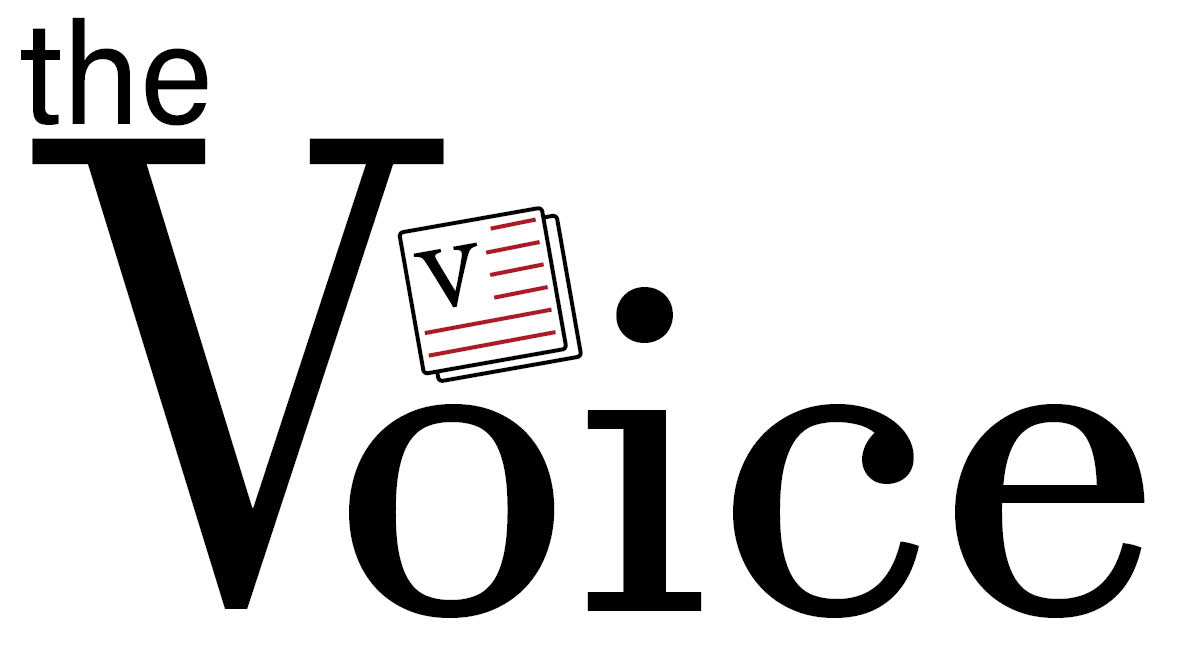Finding the median in remediation
The differences in remediation policies cause students to feel stressed out and confused during the process.
If students are not able to meet with their own teacher, Raider Aid is another helpful resource for students to work on test corrections with other math teachers.
November 2, 2022
The math curriculum at HHS is constant with its structure: students must take Algebra I, Geometry, and Algebra II to fulfill the graduation requirement. Students who are apt for a faster pace can choose to take honors classes and college-level classes later on. Yet, remediation policies among the different math classes never seem to be consistent.
Students in standard level classes have the ability to remediate as many tests as desired during the semester and must complete test corrections in order to do so.
“Ideally, [students are] meeting with [their] own teacher, but are working through corrections on the first test to see what [they] didn’t do well on, and what [they] really need to practice,” said math teacher Samantha Coursey, who teaches both Algebra I and Algebra I Honors.
Later, students are given worksheets in order to revisit problems that are tested. Practicing missed skills helps students master what may be challenging for them, better preparing them for the retake.
“I [like] the remediation worksheet and I like the test corrections,” Algebra I and Geometry teacher Rebecca Godes said. “The test corrections are probably better because they’re learning from their mistakes and they’re asking me questions.”
The remediation policies set for honors students compared to students learning the standard curriculum focus on different goals. Remediation in standard classes is focused on understanding material, but honors classes have higher constraints when it comes to retaking tests.
“[In order to remediate], you need to have completed all of your homework on time, and then you meet with [your teacher],” sophomore Abbie Williams said. “Then, they give you another resource, and once that is submitted, [you] can retake the test.”
Homework completion is heavily enforced for honors students to ensure they can remediate a test. Additionally, taking up an honors class means that the student can retake only one or two tests per semester, which is more rigorous than the standard level.
“Limiting remediation to one or two tests a semester is actually hurting the student more than it’s helping them,” sophomore Kay Castro said. “If you limit it to only one or two a semester, then people won’t be as motivated because [they may think], ‘if I got a bad grade on one test, what if I got a worse grade on the next test? So then I won’t just remediate this one.’”
Honors classes uphold higher standards and put more focus on preparing students for the post-high school level, especially seen through remediation. Although this can be intimidating and stressful for students, these constraints can be helpful in the future.
“Kids that are in honors level classes now, when they go into college, they’re going to be in higher classes in college and they might be farther along in college,” Godes said. “They’re getting prepared for college classes. So, they just need to remember that in real life, we don’t have remediation.”
While it may be confusing for students to adjust to new requirements each year, teachers are better able to assist their students with a specific goal depending on the class. Whether or not a student is in an honors or standard math class, the teachers’ main goal is to ensure that students are constantly improving upon their understanding of the material.
“We want the grades to demonstrate what a student knows, and if a student can demonstrate that later on,” Coursey said. “We still want to be able to record [students’ progress] in the grade and I think that’s why remediation is a nice policy.”



